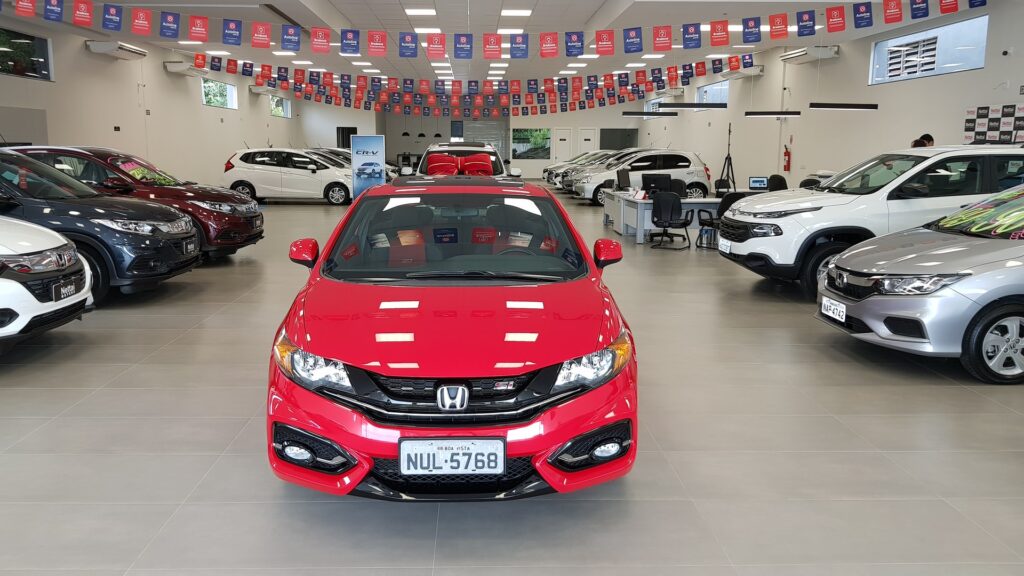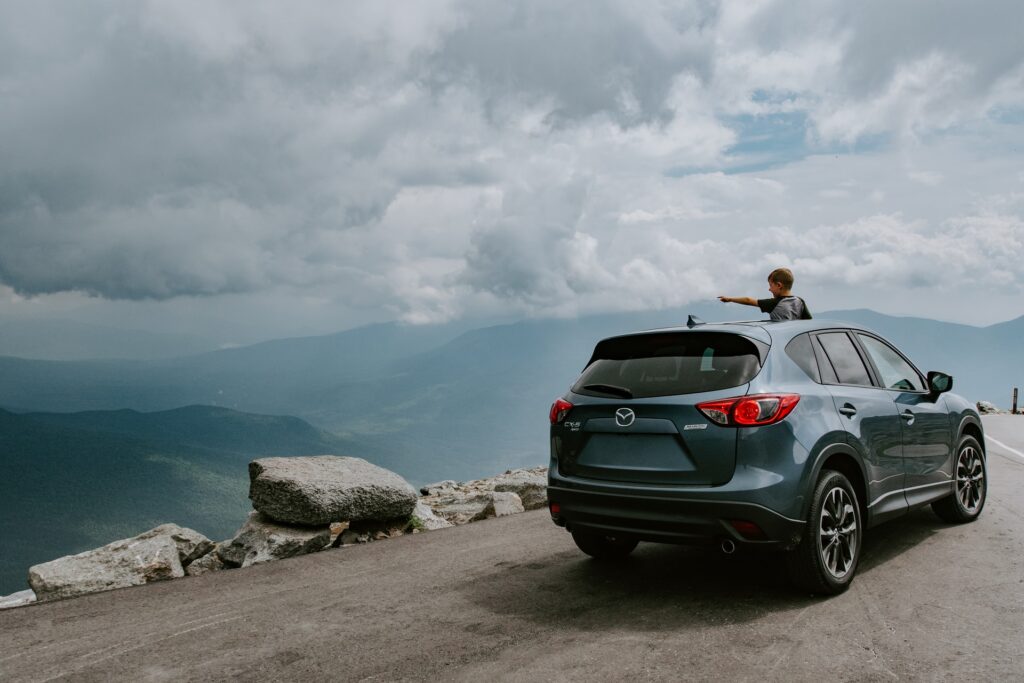Car Lease Buyout: When to Consider One
 When you are leasing a car for your personal needs or leasing a car for business, you generally have two options at the end of a car lease. You can either return your vehicle to the leasing company or purchase it.
When you are leasing a car for your personal needs or leasing a car for business, you generally have two options at the end of a car lease. You can either return your vehicle to the leasing company or purchase it.
A car lease buyout is different from buying a new or used car with which you have had no previous connection. Not only do you know your leased car’s history, but there are also a few financial considerations that are unique to car lease buyouts.
How a lease buyout works
If a buyout option was part of your lease agreement, you typically have the opportunity to buy your leased vehicle at the end of your lease.
If you opt for a lease buyout when your lease is up, the price will be based on the car’s residual value — the purchase amount set at lease signing, based on the vehicle’s predicted value at the end of the lease. This amount may also be called the buyout amount or purchase option price.
When you reach the end of the lease, you can decide whether to take an available buyout option or return the car to the dealer. If you choose to use the buyout option, you pay the set amount plus any additional fees.
Here are some of the cases when choosing this option makes financial sense.
What to consider before buying out your lease
 If you love your car, buying out the lease may seem attractive. That said, it may not make financial sense if the numbers don’t work out.
If you love your car, buying out the lease may seem attractive. That said, it may not make financial sense if the numbers don’t work out.
When deciding whether to buy out your lease, you should consider several factors to determine if it’s the correct financial move.
- The value of the car in its current condition
- The mechanical history of the car
- Whether you’ll have to pay excess mileage charges
- Whether you’ll have to pay reconditioning or excess wear-and-tear charges
- Whether you can line up financing and afford the monthly payments
All of the matters listed above can be the guiding factors that can help you decide if a car lease buyout is the right thing for you.
Allowed mileage
Most lease contracts are for three years and 36,000 miles. If you’re over, you’ll owe money; if you’re under, you could leave money on the table.
Also, check your contract for purchase option fees charged by some leasing companies and factor that into your decision.
Conversely, returning a car you drove only 10,000 miles when you paid for 36,000 miles, is like handing the dealer a big check. Instead, buy the car and use the value you’ve paid for. Or you can get a no-haggle appraisal at your dealership.
If the numbers break in your favor, since the under-mileage car is worth more than the buyout price, the agency will buy your lease and give you a check for the difference.
Residual value
The residual value of a leased car is the value the leasing company expects it to depreciate during a lease.
Since you have to pay for your leased car depreciation during your leasing period, your leasing company calculates this value when determining your monthly lease payments. However, the residual value of your leased car will probably not equal its market value at the end of your lease.
By comparing the residual value (AKA purchase option price) of your leased car to its market value, you can get some sense of if you are getting a good deal with a car lease buyout.
Excess wear and tear
When returning the leased vehicle to the dealership, you could be charged for excess wear and tear. You should factor in those penalties when you’re deciding whether buying your lease is the right move because when you complete a lease buyout, you will not be penalized for going over your allotted mileage or having a dent in your fender.
You’ll also need to evaluate the future cost of upkeep and maintenance. If you already have a mechanical issue with the car, see if there is a way to remediate it through the warranty that comes with the lease.
Good mechanical condition
 One of the great things about leasing is that you’re usually under warranty for the lease duration. But when you buy out your lease, you won’t have the same safety net. Most bumper-to-bumper warranties end at the three-year mark.
One of the great things about leasing is that you’re usually under warranty for the lease duration. But when you buy out your lease, you won’t have the same safety net. Most bumper-to-bumper warranties end at the three-year mark.
Consider having your vehicle checked out for mechanical problems before you buy it. If the factory warranty still covers you, you can arrange to repair protected items at little or no cost.
If you haven’t had to replace tires, brakes, or your battery during your lease, you will need to do so at some point in your ownership—factor in those costs along with what you’ll spend for regular maintenance.
If your vehicle is in good overall condition and won’t cost that much to keep up over the long haul, that’s another sign that your leased car might be a good purchase.
Finance and payment
Depending on your situation, a lease buyout could make sense for you. Or you may want to turn it in and lease a new car.
Before making the final decision, don’t forget to compare buying a used car to your lease buyout price to see if you can get a better deal on a similar used vehicle elsewhere. While you won’t have the comfort of knowing the vehicle’s past like you would with a lease buyout, you may be able to save some money.
If you are considering buying a car for your business, it would be best to let your accountant do the math.
Your time and effort
Ultimately, while it may not necessarily be a financial consideration, you should consider how much time and energy it would take to find a new car once your lease ends.
If shopping for a new car sounds like too much of a hassle right now and you are satisfied with your leased car, then you may want to save time and effort by simply buying out your leased car.
If you like the car and don’t want the hassle of car shopping, that is the most important factor to consider.

No comments yet. Be the first!